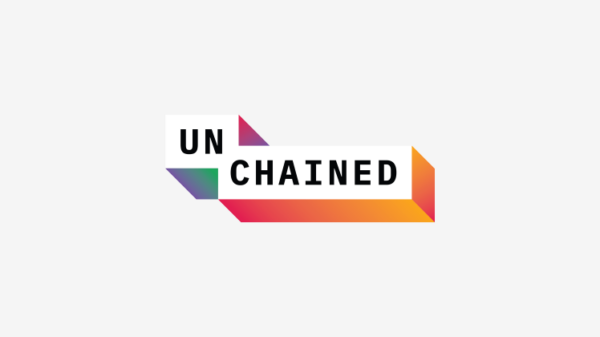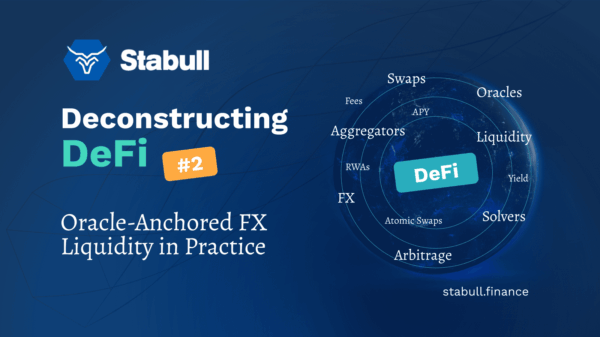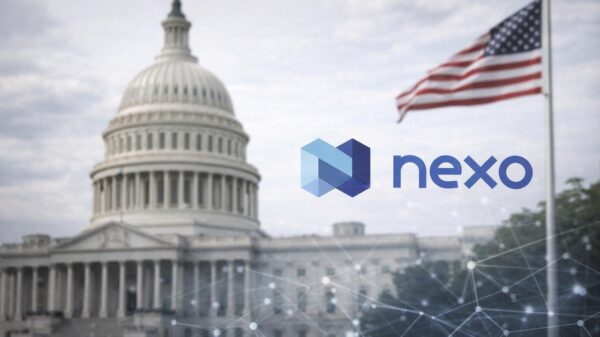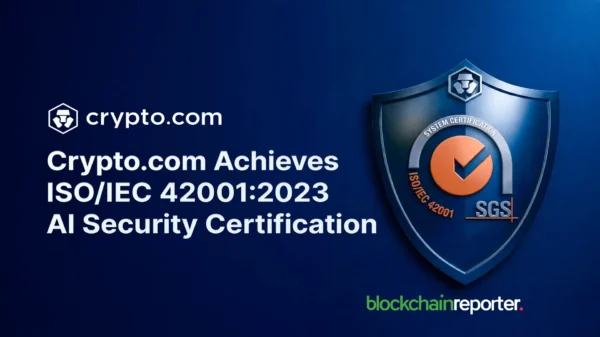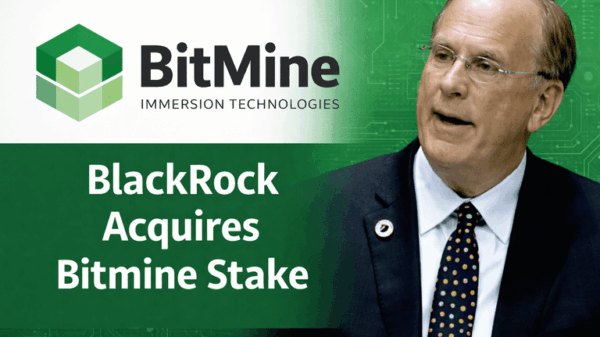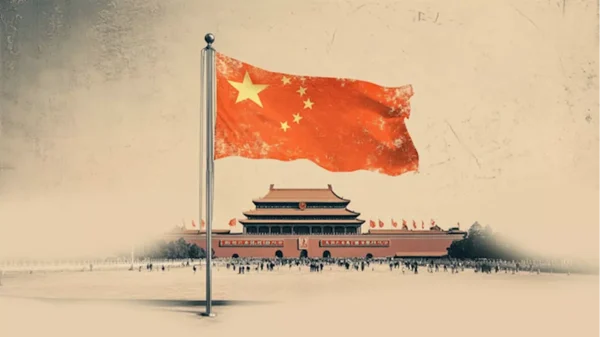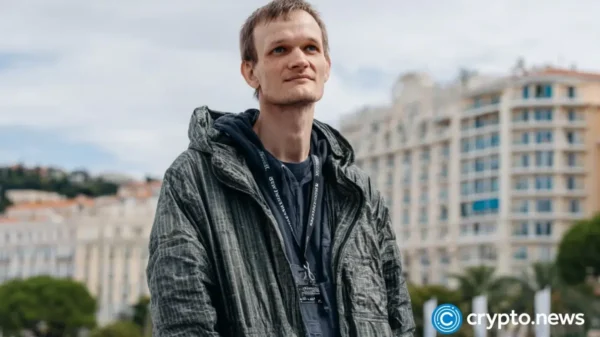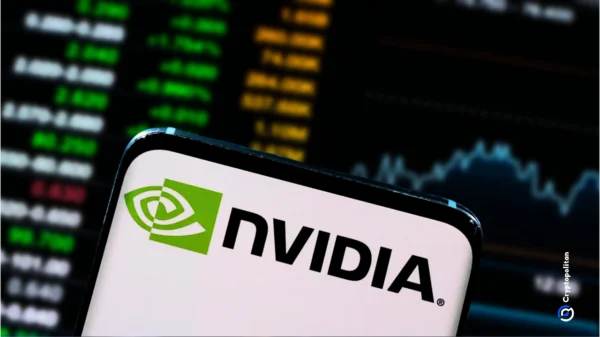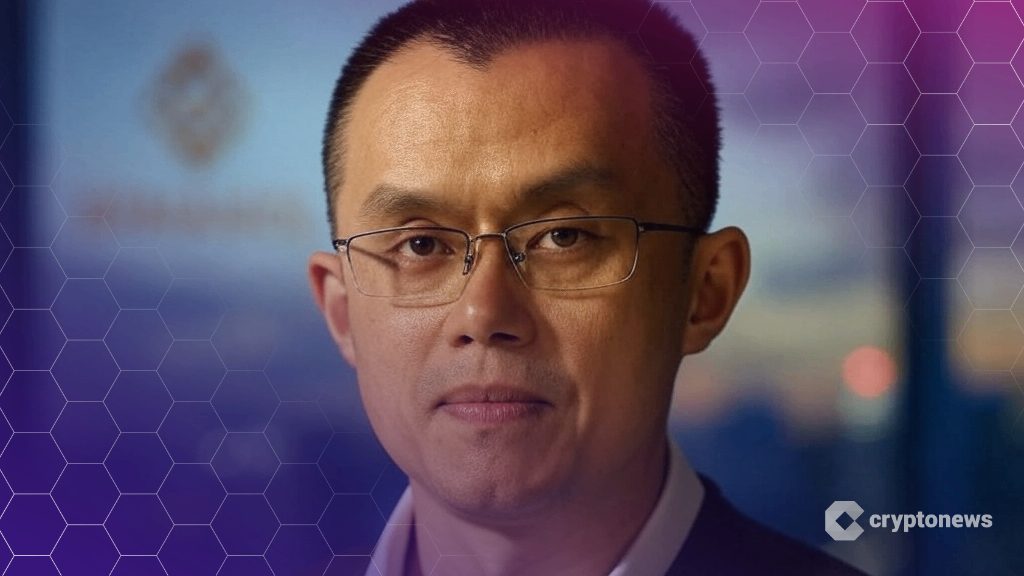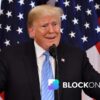In a recent development, Teresa Goody Guillén, the attorney for former Binance CEO Changpeng “CZ” Zhao, has firmly rejected accusations suggesting that his presidential pardon was influenced by corrupt financial arrangements. These allegations have emerged following the pardon granted by President Donald Trump in October, after CZ”s guilty plea to anti-money laundering violations.
During an interview on the Pomp Podcast, Guillén characterized media reports linking the pardon to a pay-to-play scheme as “false statements” that stem from “fundamental misunderstandings” regarding blockchain technology and business operations. She highlighted that CZ was unjustly prosecuted, contrasting his treatment with that of executives from traditional financial institutions who have faced similar compliance issues without facing criminal charges.
Guillén asserted, “He was pardoned because he never should have been prosecuted in the first place,” arguing that the case lacked elements such as fraud or identifiable victims. She suggested that the prosecution was a part of a broader “war on crypto” initiated by the prior administration, which targeted Binance and CZ as prominent figures in the wake of the FTX collapse.
In November 2023, CZ pleaded guilty to failing to maintain adequate anti-money laundering protocols. As part of the legal consequences, Binance agreed to pay over $4.3 billion in settlements, with CZ personally contributing $50 million and serving a four-month prison sentence before his release in September 2024.
Addressing the corruption allegations, Guillén dismantled claims linking CZ”s pardon to business transactions involving Binance and World Liberty Financial, a cryptocurrency platform associated with Trump”s family. Critics have cited the USD1 stablecoin, launched by World Liberty Financial on the Binance Smart Chain, as a potential indicator of quid pro quo arrangements. Guillén dismissed these interpretations as misinterpretations of standard blockchain practices, stating, “Just because I list something on Craigslist, it doesn”t mean that I therefore have some special relationship with the former CEO of Craigslist.”
Moreover, media claims that Binance developed the underlying technology for USD1 and promoted it to a vast user base have intensified speculation about preferential treatment. Guillén countered this notion by noting that USD1 functions across various chains and is available on multiple exchanges, counteracting suggestions of exclusive benefits for Trump”s venture.
Democratic lawmakers, led by Senator Elizabeth Warren, are demanding investigations into the circumstances surrounding the pardon. Warren expressed concerns about the integrity of the justice system, emphasizing the problematic overlap between CZ”s pardon application and Binance”s financial ties to Trump”s family. A group of senators, including Bernie Sanders and Chris Van Hollen, has also urged Attorney General Pamela Bondi to clarify the implications of the pardon for future white-collar prosecutions.
These lawmakers warn that the pardon could signal to cryptocurrency executives that they may evade consequences for illegal activities if they financially support Trump. Representative Maxine Waters condemned the pardon as a reflection of Trump”s presidency, accusing him of favoring “crypto criminals” while ordinary Americans face economic challenges.
In an unexpected twist, President Trump distanced himself from the controversy during a 60 Minutes interview, claiming he was unaware of who CZ is, despite having granted the pardon. He described the prosecution as a politically motivated “witch hunt” and defended the pardon as a corrective measure against what he termed “heavy-handed Democratic tactics” against the cryptocurrency sector.
Following his pardon, CZ expressed gratitude and pledged to assist in making America the “Capital of Crypto” while advancing web3 initiatives globally. He has refuted claims of financing Trump”s stablecoin venture, labeling such reports as “misinformation” propagated by competitors. Meanwhile, Binance is reportedly exploring strategies to re-enter the U.S. market, potentially consolidating its operations in response to the evolving regulatory landscape.











